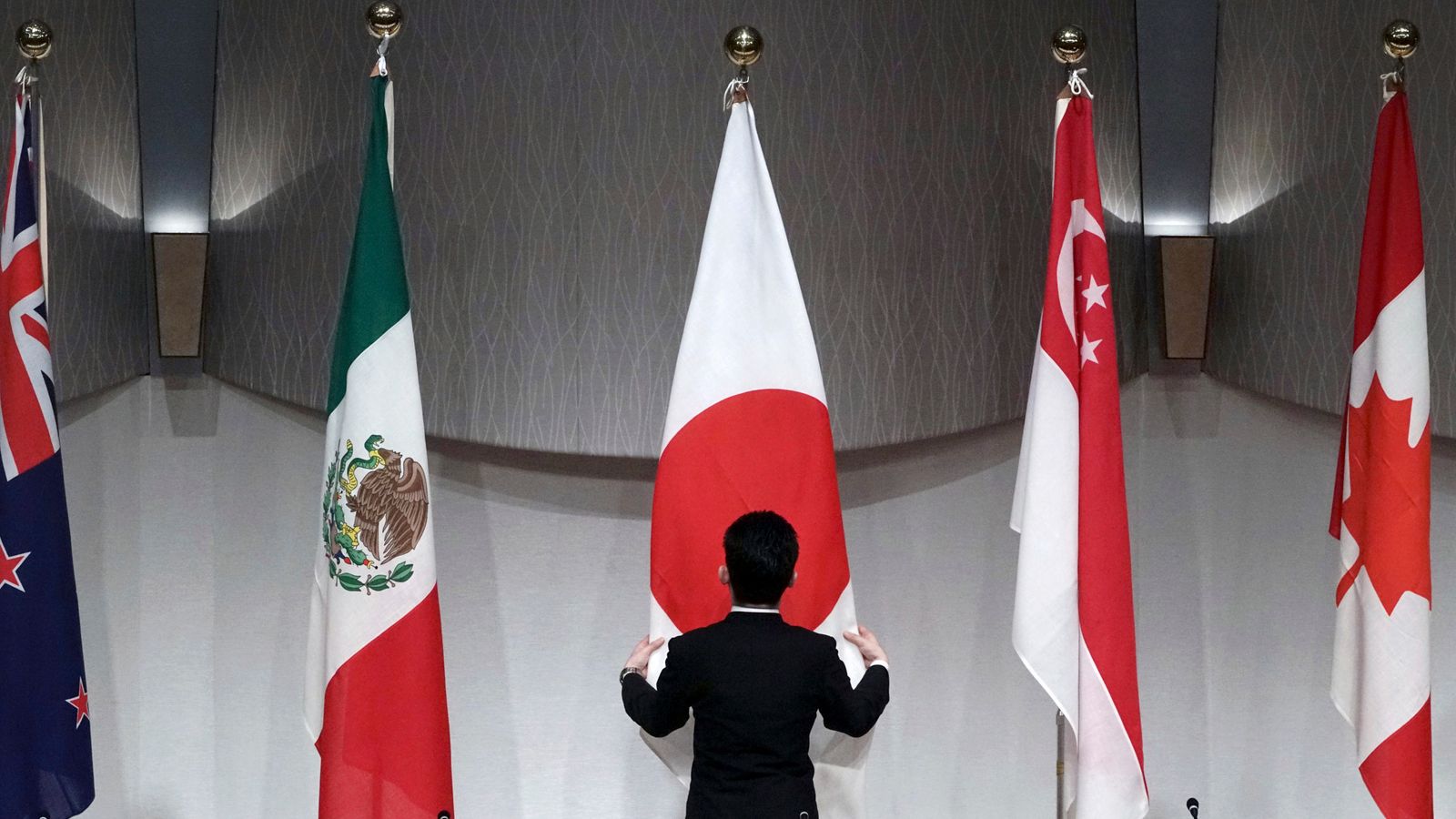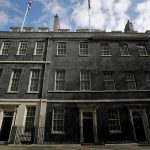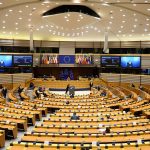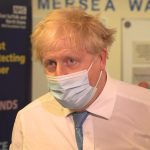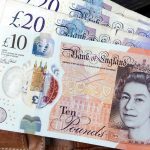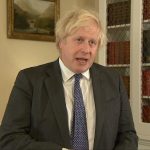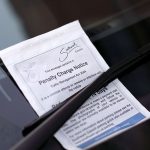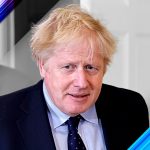Joining a trans-Pacific trade deal is an “exciting opportunity” for the UK to build on its “entrepreneurial spirit and free-trading history”, Boris Johnson has said.
Foreign Secretary Dominic Raab has entered three days of negotiations over the UK becoming part of the Comprehensive and Progressive Agreement for trans-Pacific Partnership (CPTPP).
The PM said the possible free trade agreement, which exists between Australia, Brunei, Canada, Chile, Japan, Malaysia, Mexico, New Zealand, Peru, Singapore and Vietnam, would create “unparalleled opportunities for the UK”.
Just landed in #Vietnam at the start of a visit to South-East Asia visit to discuss the UK’s 🇬🇧 Indo-Pacific tilt.
Looking forward to discussing trade, security and tackling challenges such as climate change, COVID-19 & serious organised crime. pic.twitter.com/aXhyIJAY2I
Earlier this month, the CPTPP announced that the accession process would begin following the UK’s application to join the agreement in February.
Mr Raab landed in Hanoi, Vietnam on Monday ahead of the accession process formally getting under way on Tuesday.
Ahead of the talks launching, the PM said: “Membership of the CPTTP free-trade partnership would open up unparalleled opportunities for British businesses and consumers in the fast-growing Indo-Pacific.
“It’s an exciting opportunity to build on this country’s entrepreneurial spirit and free-trading history to bring economic benefits across the whole of the UK.”
The UK already has trade agreements with seven CTPP members, including – most recently – Australia.
But the government said CPTPP membership would allow the UK access to some of the world’s biggest economies, with members having a combined GDP of £9trn.
They added that joining the alliance would lower tariffs on British cars and whisky – with tariff-free trade for 99.9% of exports – and help British farmers sell beef and lamb into fellow CPTPP countries.
International Trade Secretary Liz Truss described CPTPP membership as “a glittering post-Brexit prize” for the UK.
“This part of the world is where Britain’s greatest opportunities lie. We left the EU with the promise of deepening links with old allies and fast-growing consumer markets beyond Europe, and joining the high-standards trans-Pacific Partnership is an important part of that vision,” she said.
“Membership would help our farmers, makers and innovators sell to some of the biggest economies of the present and future, but without ceding control over our laws, borders or money. It is a glittering post-Brexit prize that I want us to seize.”
And speaking ahead of the visit, Mr Raab added: “The UK is committed to strengthening our friendship across the Indo-Pacific.
“We are demonstrating this through our commitment to join CPTPP, partner with ASEAN (the Association of Southeast Asian Nations) and invest more energy, time and effort in our bilateral relations in the region.”
While in Vietnam, the foreign secretary will also meet Vietnamese leaders, including President Nguyen Xuan Phuc, Deputy Prime Minister Pham Binh Minh and foreign minister Bui Thanh Son.
He will then travel to Cambodia to meet foreign minister Prak Sokhonn – the first visit to the country by a UK foreign secretary since the British Embassy reopened there 30 years ago.
From there, Mr Raab will travel to Singapore and meet Prime Minister Lee Hsien Loong and foreign minister Vivian Balakrishnan.
